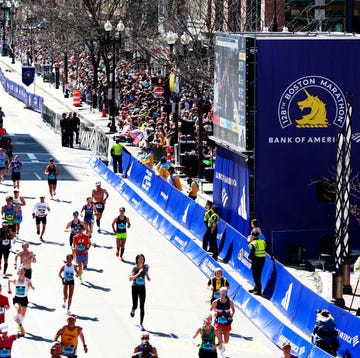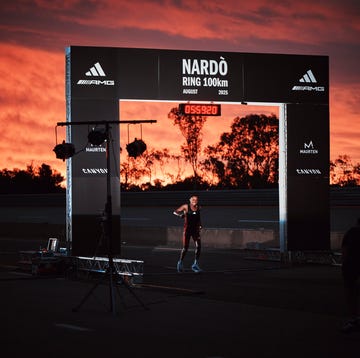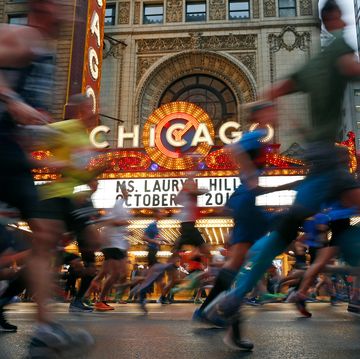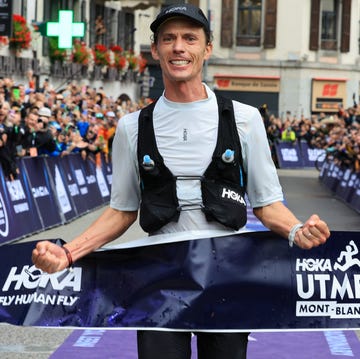Sha’Carri Richardson, the American sprint star who missed the 2021 Olympics after testing positive for marijuana, made her Olympic debut in Paris on August 2.
She easily won her first-round heat of the 100 meters in 10.94, well ahead of the second-place finisher in her heat, Patrizia van der Weken of Luxembourg, who ran 11.14.
Richardson will run the semifinals of the 100 on August 3 at 7:50 p.m. local time (1:50 p.m. ET). The final is a couple of hours later, at 9:20 p.m. (3:20 p.m. ET).
In a brief interview with NBC after her race, Richardson said, “To be in the Olympics is a phenomenal feeling, to be an athlete here competing with the energy, with a great appreciation for track and field.”
As is her practice, Richardson refused to speak to other media in the mixed zone after the round. She tends to give interviews only after the final, if at all.
Richardson’s Team USA teammates, Melissa Jefferson and Twanisha “TeeTee” Terry, also easily advanced to the semifinals. Jefferson was second in her heat in 10.96, and Terry won her heat in 11.15.
Tense moments for Team USA in opening rounds of the men’s 1500 meters
All three American men automatically advanced out of the first round of the men’s 1500 meters by finishing in the top six, but not before some dicey moments.
Yared Nuguse was fifth in his heat in 3:36.56, and it took a sprint down the final stretch and an opening on the inside for him to get into the top six. He told reporters after the race that it was “not my best work.”
His legs and body felt fine, Nuguse, 25, said. He just wasn’t positioned where he wanted to be in a slow race. “That last 200, I have the energy I need, but if this doesn’t open up on the inside the way I want it to, I’m screwed,” he said. “Once it opened up, I was like, it’s fine. I can flow through.”
Cole Hocker, 23, was also in a poor position with 250 meters to go, but thanks to his kick, he managed to finish second in his heat in 3:35.27. He got to “test his turnover” a little bit, but he was happy with his performance.
“Either I get really kind of frantic and start jostling around with 200 to go, or I kind of just wait,” he said. “I was counting the heads in front of me with 150 to go, [thinking], ‘I know I can catch half of this field if I have to.’ That’s where my mind was.”
Hobbs Kessler, in the third heat, had watched Nuguse and Hocker need to rely on their kicks to get through. Kessler, who at 21 is the youngest of the three American entrants, took a much smoother path to qualifying, finishing second in his heat in 3:36.87.
Kessler said he saw Hocker was in a tough spot with 250 meters to go. “Luckily, he has such good top end speed that he had no problem getting out,” Kessler said of Hocker. “I saw that, I look around, everyone was a stud, don’t want to be 10 meters behind 12, 13 really good guys and have to close that. Tried to stay up front, not get tripped up, have a nice clean line.”
Kessler felt the emotion of his first Olympics.
“It was incredible,” he said of walking out onto the purple Paris track. “I don’t know what I expected, but it was more. Louder, bigger, more atmosphere. It was really a privilege to be a part of.”
The 1500-meter favorites, Josh Kerr of Great Britain and Jakob Ingebrigtsen of Norway, made it through easily.

Sarah Lorge Butler is a writer and editor living in Eugene, Oregon, and her stories about the sport, its trends, and fascinating individuals have appeared in Runner’s World since 2005. She is the author of two popular fitness books, Run Your Butt Off! and Walk Your Butt Off!














